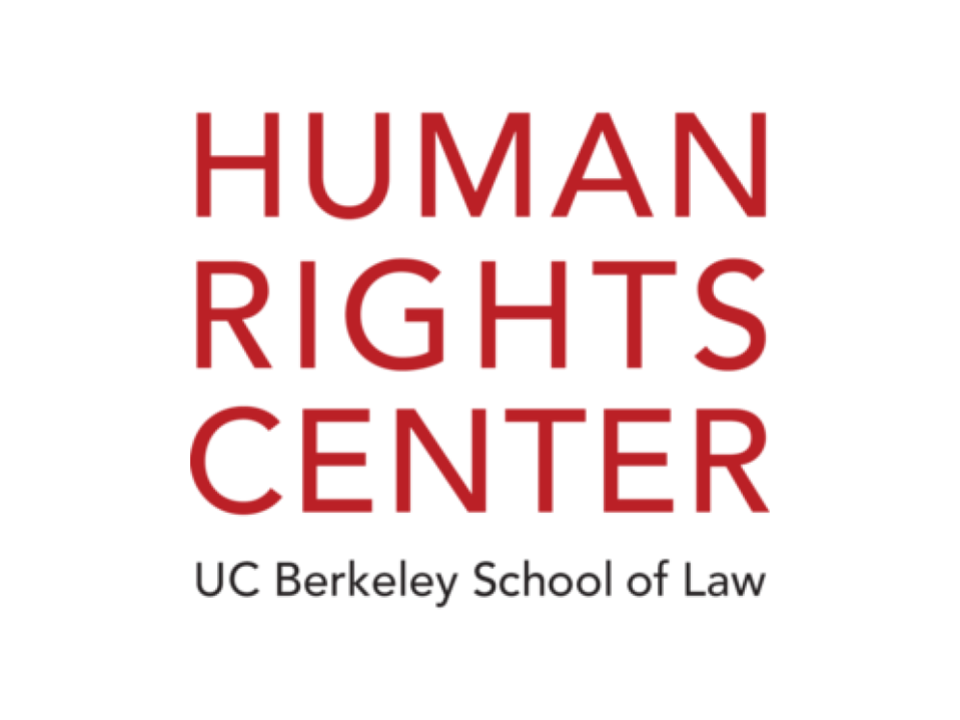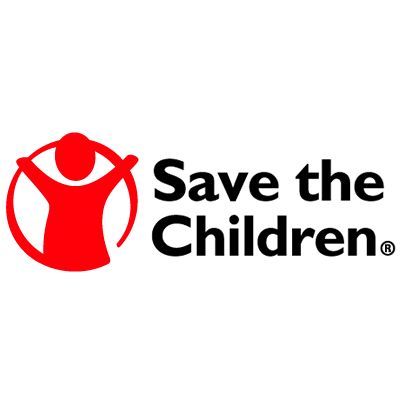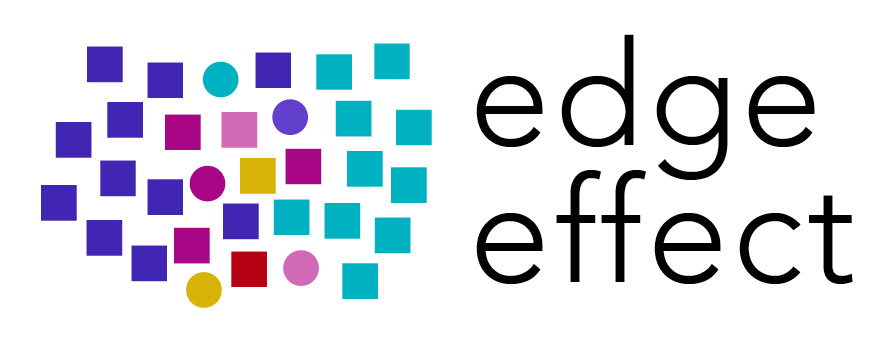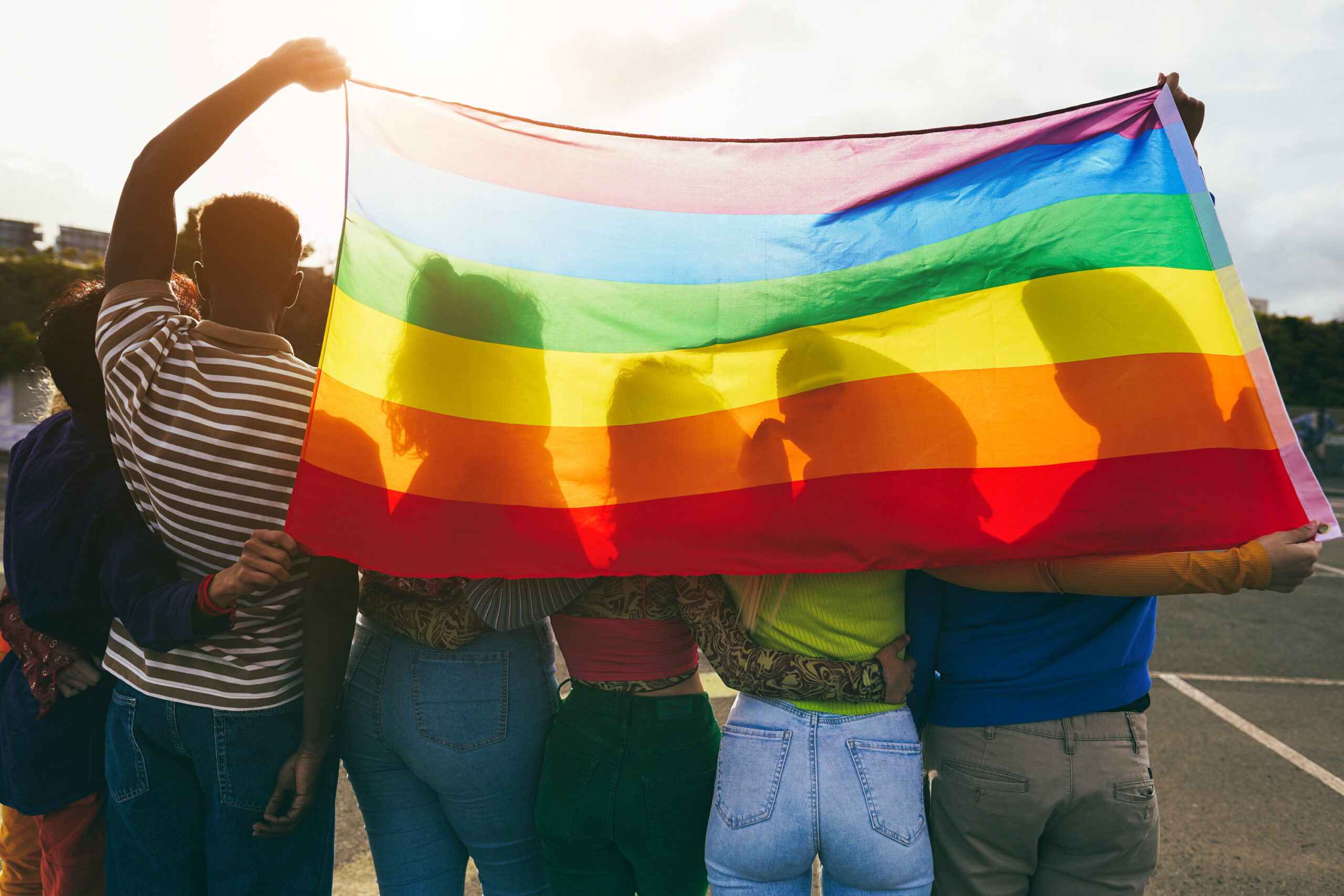In times of crisis, disaster, and conflict, affected children and families need quality, accountable, reliable, and efficient humanitarian services more than ever. They have the right to receive protection and assistance and to ensure the basic conditions for life with dignity. Unfortunately, the needs of LGBTQI+ children and their families in humanitarian contexts are often overlooked, resulting in insufficient support for this population disproportionately impacted by inequality and discrimination. This marginalization of LGBTQI+ children’s rights can lead to conflict with the law, gender-based violence and serious protection risks such as grave violations of children’s rights and the worst forms of child labor.

Partners



An Overlooked Population
Evidence suggests that existing programs that work with LGBTQI+ populations primarily focus on adults, while child protection, including programs focused on sexual and gender based violence, seldom address the specific needs of LGBTQI+ children and adolescents, and frequently report that these needs are overlooked. Simultaneously, significant mental health and psychosocial support needs uniquely impact LGBTQI+ children including through the double displacement and mental health burden of family violence and societal stigma against LGBTQI+ children in humanitarian settings.
Partnering for Success
The Health and Human Rights Program, with a grant from the Department of State’s Bureau of Population, Refugees, and Migration, has launched a project to improve protection, mental health, and psychosocial support services for LGBTQI+ adolescents in humanitarian settings. Working with Save the Children USA and Edge Effect, we are conducting research in partnership with refugee youth and grassroots LGBTQI+ rights organizations in two countries to develop global child protection guidance and case management tools for humanitarian practitioners. The guidance will be piloted in three countries and disseminated globally, addressing this significant gap in the humanitarian space.
Stay Connected
Want to stay up-to-date about this new project? Sign up for our newsletter to get monthly program updates!
